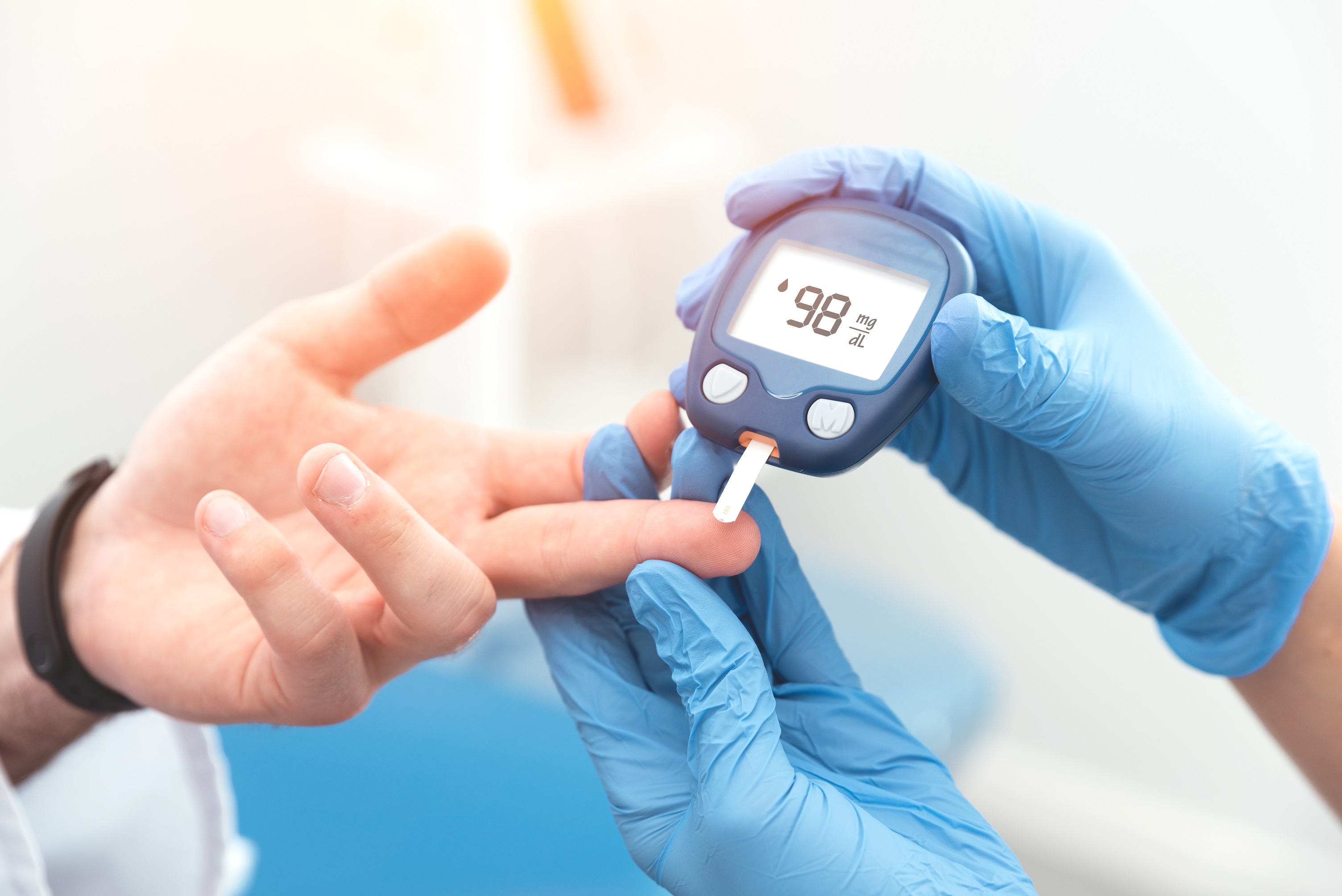Amity Island
Well-Known Member
- Relationship to Diabetes
- Type 1
Glucose metabolites (chemicals produced when glucose is broken down by cells), rather than glucose itself, have been discovered to be key to the progression of type 2 diabetes. In diabetes, the pancreatic beta-cells do not release enough of the hormone insulin, which lowers blood glucose levels. This is because a glucose metabolite damages pancreatic beta-cell function.]

 www.ox.ac.uk
www.ox.ac.uk

Key cause of type 2 diabetes uncovered | University of Oxford
Oxford Research reveals high blood glucose reprograms the metabolism of pancreatic beta-cells in diabetes.
